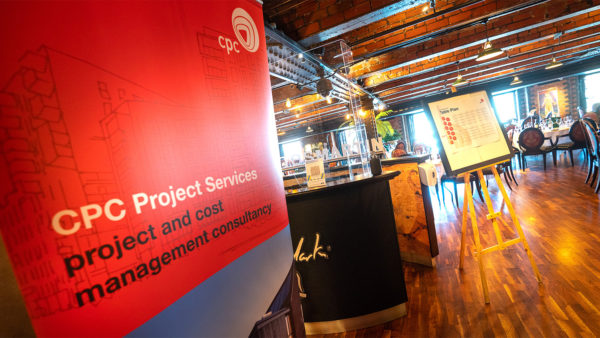The Construction Industry Training Board (CITB) is proposing to cut the 2021/22 Levy by 50% as well as giving businesses up to 12 months to pay the 2020/21 Levy.
The measures are part of the CITB’s Skills Stability Plan 2020-21, which aims to protect apprenticeships and provide direct funding to employers to adopt new ways of working in the wake of covid-19.
Employers will continue to have a payment holiday on the Levy until September and then up to a full year to pay the 2020/21 levy, followed by a cut in the 2021/22 Levy. The CITB said this would mean employers will pay 18 months’ Levy out of 24, making an overall saving of 25% across two years.
The changes will see CITB’s forecast Levy income drop by £166m across two financial years. CITB is also cutting costs and using its reserves to support employers’ skills needs.
CITB also pledged to support workers who have lost their jobs or seen their apprenticeship disrupted by matching them with a new employer, including through exploring a talent retention scheme. Current year two and three apprentices are already being supported to complete their programmes through up-front grant payments, training materials being made available online and support from apprenticeship officers to allow learning to continue remotely.
Meanwhile, direct funding for employers has been prioritised through the Skills and Training Funds, with £8m earmarked for small and micro businesses, £3.5m for medium-sized businesses, with a £3m Leadership and Management Fund for large firms.
CITB chief executive Sarah Beale said: “This represents a radical plan of action that balances the need for a reduction in the Levy at this time, alongside vital investment in the skills needed by employers now and in the future.
“It is the result of hundreds of conversations with employers across the length and breadth of Britain and I’m confident it meets the sector’s immediate needs. We are committed to making the Levy work hard to protect apprenticeships and support hard-pressed employers as they equip themselves for the challenges and opportunities ahead.”
CITB will now seek the views of industry employers and federations about the development of a new strategic plan, covering 2021-23, with the plan expected to be published in September.
Beale added: “We have spoken to employers and federations and most have suggested that they want us to focus full-time on helping the industry meet the challenges posed by covid. We have confirmed with the Department for Education that we will not run the usual consensus process and instead we will speak to employers and industry groups to seek their views on our plans for next year.
“We will continue to be responsive and collaborative, working closely with the sector and government to return the industry to growth. We will listen to industry and respond to its priorities and give every employer the confidence that we wish to understand and learn from their concerns and ambitions.”
Mark Reynolds, Mace Group chief executive and skills workstream lead at the Construction Leadership Council (CLC), said: “Our industry has come together to develop an effective plan to come back from the effects of covid-19, as detailed in the CLC’s Roadmap to Recovery document. CITB’s Skills Stability Plan builds on this work and clearly outlines how they will play their part in delivering the skills we need. We very much support efforts made by the CITB to substantially reduce the Levy. It is right that Consensus is delayed so we can work together to make sure that our recovery, still in its early stages, is as strong as possible.”









